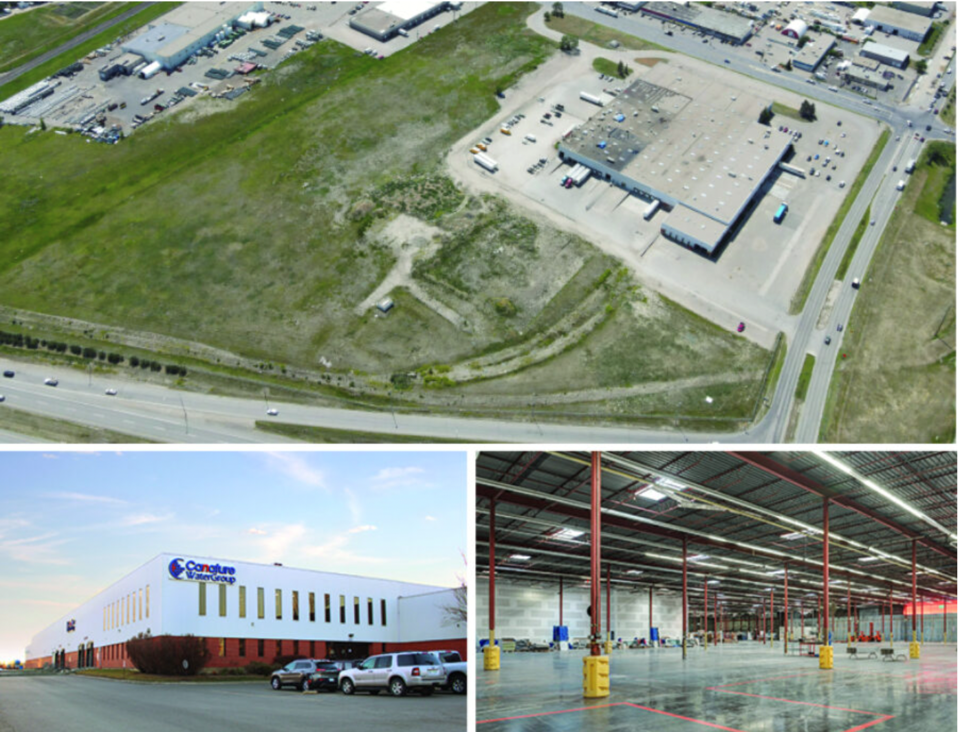This is the third of a three-part close-up on the trio of big cities in Saskatchewan and Manitoba.
Opportunities for out-of-province investors are abundant in Regina, especially in the ‘beds and sheds’ sectors of rental housing and industrial warehouses.
“We are seeing interest from outside of town because our pricing is a lot less than Alberta, B.C., or even Manitoba,” said Mack Macdonald, an agent with Re/Max Crown Real Estate in Saskatchewan’s capital city. “The first several months of this year have been very active.”
The multi-family market been especially busy, thanks to a steady influx of newcomers and the greater difficulty of qualifying for a mortgage.
Regina's rental vacancy rate has dropped to 3.2 per cent, which is down from the five-year average of 7 per cent and the lowest rate since 2014, according to Canada Mortgage and Housing Corp.(CMHC).
“We’re still growing in the city and surrounding area by 4,000 to 5,000 people a year and that growth puts additional pressures on the market,” Macdonald said. “It’s driving rental rates up.”
The average two-bedroom rent in Regina rose 3.3 per cent to $1,186 as of December 2022, compared to a year earlier, CMHC reported, while rent for a two-bedroom condo was up 14.7 per cent to $1,467.
Industrial space tightens
But the strongest part of the commercial market by far has been industrial.
A lack of new supply and a 1.4 per cent vacancy rate in existing space has ensured a strong industrial market in Regina this year, according to Colliers. On the development side, Nexus Industrial REIT is among the larger players, with new projects beginning this year including a 312,000-square foot property on a 23-acre site in Titan Business Park on the city’s east side. Nexus’s annual report noted that 205,000 square feet had been preleased, underscoring the strong demand projects in the city are seeing.
But more space is needed.
“We’re still in a tight market in Regina,” said Richard Jankowski, managing director with Colliers in Saskatchewan. “They’re both exceptionally low in terms of what we would call reasonably vacancy that is available for attracting business.”
While Regina has an abundance of serviced and development-ready land, the sharp run-up in interest rates last year spooked investors.
“The volatility that went through the market has really just put a cold blanket on new spec development,” he said. “In a smaller market like ours, that scares people away instantly.”
There’s widespread optimism that will change this year, with more spec development – something that’s definitely not needed in the office market.
While Colliers describes the Regina office market as resilient, vacancies now average 17.9 per cent – the highest of the three Prairie cities profiled.



